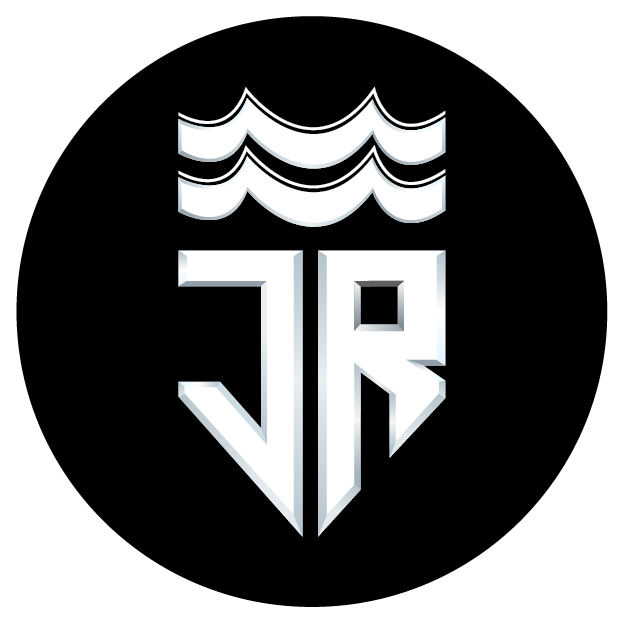Copyright and Cyberbullying: Legal Implications for Online Harassment
Title: Copyright and Cyberbullying: Legal Implications for Online Harassment
Introduction
In today’s digital age, the rise of social media platforms and online communication has brought both positive and negative consequences. One of the most concerning negative consequences is cyberbullying, where individuals use online platforms to harass, intimidate, or harm others. While cyberbullying is a complex issue, this article will focus on the legal implications of copyright infringement within the context of cyberbullying.
Understanding Cyberbullying
Cyberbullying refers to the deliberate and repeated use of digital platforms to harass, intimidate, or embarrass others. It can take various forms, including spreading rumors, sharing personal information without consent, or posting derogatory comments and images. The anonymity and wide reach of the internet make cyberbullying a pervasive issue that affects people of all ages, genders, and backgrounds.
Legal Implications of Cyberbullying
When it comes to cyberbullying, it is crucial to understand the legal implications associated with the various actions performed by the cyberbully. Copyright infringement is one such action that can have severe legal consequences. Let’s delve deeper into this aspect.
Copyright Infringement in Cyberbullying
Copyright infringement involves the unauthorized use or reproduction of someone else’s copyrighted work. In the context of cyberbullying, this could include using someone’s photographs, videos, artwork, or written content without their permission. While copyright laws differ across countries, most jurisdictions grant exclusive rights to copyright holders, allowing them to control how their work is used, distributed, and reproduced.
The Role of Copyright Law in Cyberbullying Cases
Copyright law plays a significant role in dealing with cyberbullying cases involving copyright infringement. Here are some legal implications that copyright holders and victims of cyberbullying should be aware of:
1. Ownership and Control: Copyright law grants copyright holders exclusive rights to their work, including the ability to control its use and distribution. This means that if someone uses copyrighted material without permission, they are infringing on the owner’s rights and can face legal consequences.
2. Fair Use Doctrine: The fair use doctrine allows limited use of copyrighted material without permission for purposes such as criticism, commentary, news reporting, teaching, or research. However, it is essential to understand that fair use is subjective and depends on various factors, including the purpose, nature, amount, and effect of the use. Using copyrighted material for the purpose of cyberbullying is unlikely to fall under fair use.
3. Digital Millennium Copyright Act (DMCA): In the United States, the DMCA provides copyright holders with a mechanism to protect their work online. If someone discovers their copyrighted material being used without permission, they can file a DMCA takedown notice with the website hosting the infringing content. The website is then legally required to remove the content promptly, or face potential liability.
4. Damages and Remedies: Victims of cyberbullying involving copyright infringement may be entitled to damages and remedies under copyright law. These can include monetary compensation for any harm caused, injunctions to prevent further use, and the removal or deletion of infringing content.
Preventing copyright (f-1world.ru) Infringement in Cyberbullying Cases
To prevent copyright infringement within the context of cyberbullying, several measures can be taken:
1. Educating Internet Users: Raising awareness about the potential legal consequences of copyright infringement in cyberbullying cases can help deter individuals from engaging in such behavior.
2. Privacy Settings and Safety Measures: Encouraging individuals to set appropriate privacy settings on their social media accounts, limiting the visibility of their content to a trusted network, can minimize the risk of copyright infringement.
3. Reporting and Documenting: Encouraging victims of cyberbullying to report any instances of copyright infringement to the respective social media platforms and keep records of the infringements can aid in taking legal action if necessary.
Conclusion
Cyberbullying is a serious issue that affects countless individuals, causing significant emotional distress and mental health consequences. Understanding the legal implications of copyright infringement within the context of cyberbullying is essential for both copyright holders and victims. By raising awareness, enforcing copyright laws, and promoting responsible internet use, we can strive towards a safer online environment for all.

